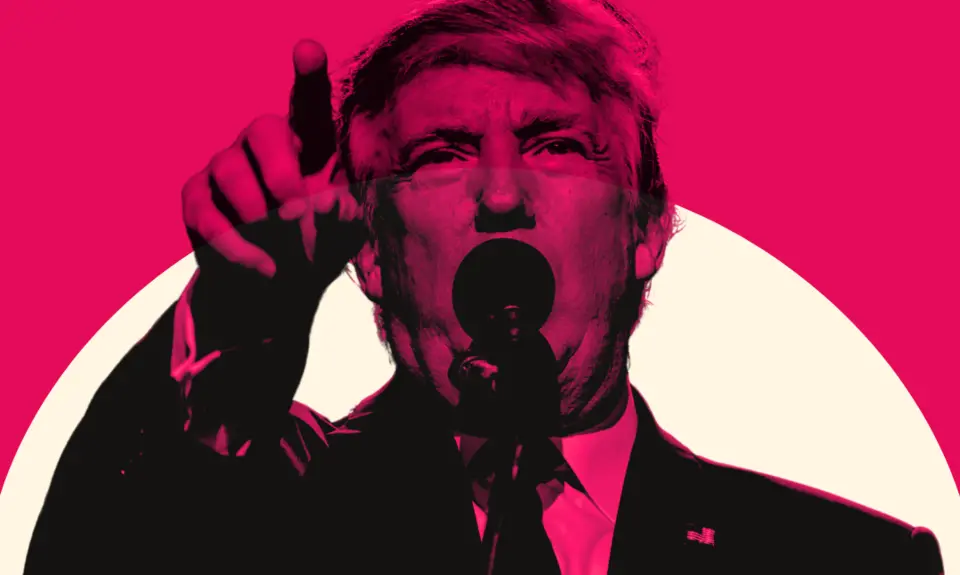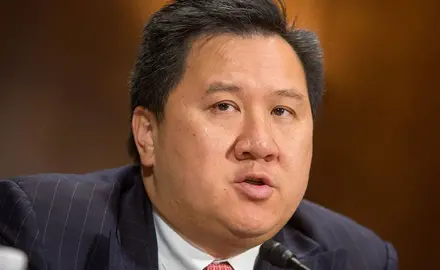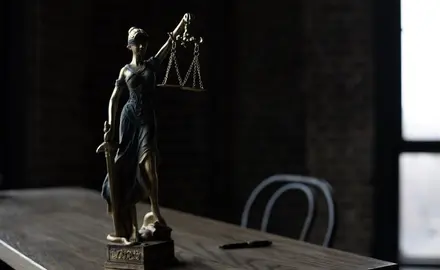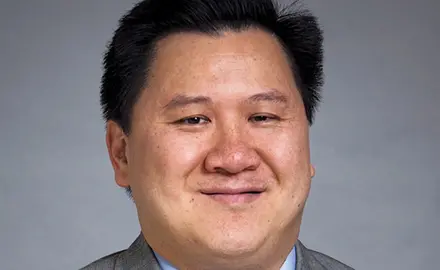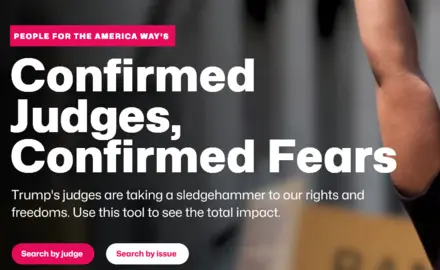On the last day of its 2023-24 Term, the Supreme Court’s far right majority issued a very troubling decision on the immunity of former presidents like Trump from criminal prosecution in Trump v United States. We can now be sure, unfortunately, that Trump will not face a jury trial before the election on his efforts to improperly stir up an insurrection and upset the results of the 2020 election. Both for Trump and for American democracy, moreover, the consequences of the ruling are even more far-reaching.
What did the ruling say in general about when an ex-president is immune from criminal prosecution?
Trump argued to the Court that as a former president, he should be absolutely immune from being prosecuted criminally for any conduct while he was in office, such as his efforts to incite a mob to storm the Capitol on January 6, 2021. In some respects, the Court’s majority ruling – written by Chief Justice Roberts and joined by Justices Thomas, Alito, and Trump justices Gorsuch, Kavanaugh and Barrett (who disagreed with a small part of the ruling) – went even further than that.
Roberts’s opinion tried to lay out general principles concerning a former president’s criminal immunity, which the Court had not previously considered. According to Roberts, presidential actions fall within three categories for purposes of immunity. A president is absolutely immune from prosecution for any acts that fall within the president’s “core” constitutional functions, such as consulting with the Attorney General and making treaties with foreign governments. A president also has at least “presumptive” absolute immunity for any other “official” acts he takes while in office. That means the ex-president is immune unless the government can show that “applying a criminal prohibition to that act” would not create any “’dangers of intrusion on the authority and functions of the Executive Branch.’” An ex-president has no immunity at all for “unofficial” conduct while in office.
Roberts also set forth two procedural standards that will make it harder to prosecute an ex-president. In separating official from unofficial coduct, he wrote, a court ”may not inquire into the President’s motives,” despite the clear relevance of intent and motive in criminal cases. And in a part of the opinion that Barrett disagreed with, Roberts wrote that non-public evidence concerning a president’s official acts “”may not be admitted as evidence at trial.” As Barrett wrote in dissent on this point, such evidence can be highly relevant, and the Constitution “does not require blinding juries to the circumstances surrounding conduct for which Presidents can be held liable.”
Justice Sotomayor strongly dissented from these standards for immunity on behalf of herself and Justices Kagan and Jackson. Although much will depend on precisely how these standards are implemented in the future, she wrote that Roberts’ opinion threatens to transform the entire range of a President’s official conduct into a “law-free zone.” No matter how criminal or corrupt, she suggested, if a President does something as part of his “official” duties, he is at least presumptively immune from possible liability. What if a President “[o]rders the Navy’s Seal Team 6 to assassinate a political rival” or “[t]akes a bribe in exchange for a pardon,” or “[o]rganizes a military coup to hold onto power,” she asked. “Immune, immune, immune” is the majority’s answer, she suggested. When it comes to use of official power, she concluded, the ruling makes the President “a king above the law.”
What did the ruling say specifically about the case against Trump?
The Court’s opinion did not resolve whether Trump is absolutely immune from all the charges in the DC federal indictment against him, but instead sent the case back to the district court to apply the Court’s ruling. It did make several important points, however, most of which will help Trump.
Initially, the majority suggested, the allegations in the indictment against Trump concerning his consultations with the Justice Department about possible prosecution of or threats against state authorities were blocked by absolute immunity. The same is true, the majority indicated, about Trump’s alleged threats to fire the Attorney General. These allegations concern the President’s “core” responsibilities over which a president has “conclusive authority,” Roberts wrote, and Trump “cannot be prosecuted” for such conduct, even if possible investigations of states were “sham[s] or proposed for an improper purpose.”
Roberts went on to discuss the indictment’s allegations that Trump improperly sought to influence the Vice President’s oversight of the certification process for electoral votes on January 6. Claiming that communications between the two are routine and an important part of their functions, Roberts wrote that there should be a presumption of absolute immunity, which the special counsel can seek to rebut before the district court As discussed above, Roberts decreed that the prosecution must show, Roberts decreed, that a prosecution involving these issues would not ‘pose any dangers of intrusion on the authority and function of the Executive Branch.”
Roberts went on to discuss the parts of the indictment that cover Trump’s interactions with people outside the Executive Branch, including state officials, private parties and the general public. He noted the disagreement between the parties as to whether this conduct was “private” or part of Trump’s “official conduct,” the Court directed that on remand, the district court should hear arguments by both sides and make at least an initial determination as to whether and the extent to which Trump’s conduct in this area “qualified as official or unofficial.”
What happens next in the Trump DC case?
Once Judge Chutkan formally receives the case back from the Supreme Court by early August, she will likely proceed along the lines that the Court directed. This will involve briefing and hearings, possibly including testimony, on which parts of the Trump indictment special counsel Jack Smith can go forward on. This process will likely take on months, and could well lead to more appeals this summer and fall before any trial can possibly take place. The Justice Department has indicated that it plans to pursue the case after the election, even if Trump wins, at least until inauguration day.
The bottom line
All this makes clear that what happens in November’s election will be critical to whether Trump will face accountability for his actions as charged in the DC indictment against him. If Trump is elected, he will undoubtedly end the case against him upon taking office. Just as important, he will become President with the assurance that he cannot be held liable even for significant and gross misconduct while in office. This election is truly crucial to the future of our democracy.
